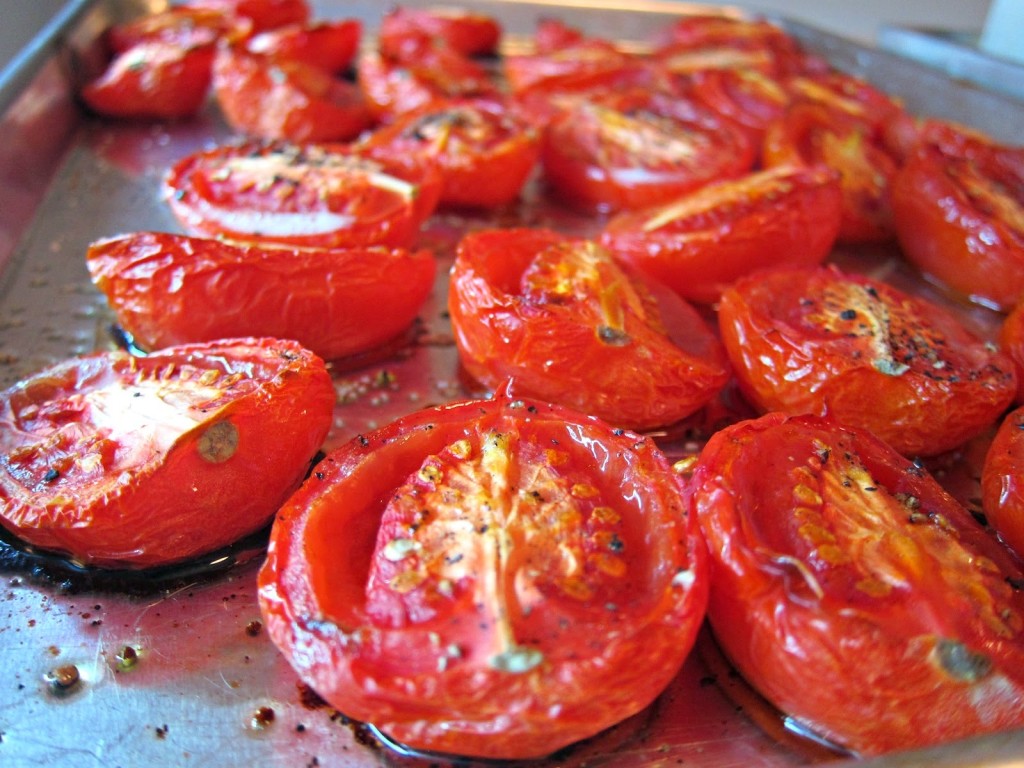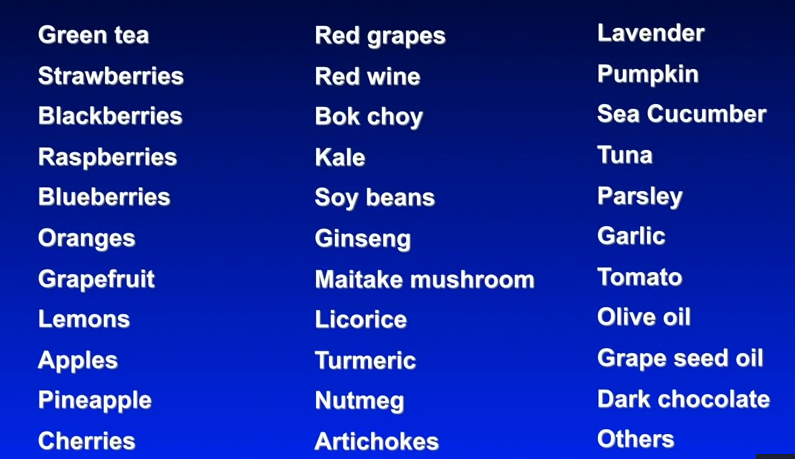
Posted in: Uncategorized
Can We Eat To Starve Cancer?
Dr. William Li's Ted Talk presents a new way to think about treating cancer and other diseases. He explores the impact our diet has on cancer and how angiogenesis can prevent the growth of blood vessels that feed a tumor.
Cancer begins as a small, microscopic nest of cells that is fed through a blood supply. So can cutting off the blood supply starve cancer of nutrients and oxygen it needs to grow?
Angiogenesis is the process of forming new blood vessels. When angiogenesis is out of balance, a number of diseases result.
When our body can't prune back extra blood vessels or grow enough new ones in the right place, angiogenesis is considered to be out of balance.
Insufficient angiogenesis - not enough blood vessels - leads to wounds that don't heal, heart attacks, legs without circulation and nerve damage.
Excessive angiogenesis - too many blood vessels - fuels disease, such as cancer, blindness, arthritis, obesity, Alzheimer's disease.
Over 70 major diseases worldwide share abnormal angiogenesis as their common ground.
Research has revealed that animals have responded to antiangiogenic therapy.
- In one case a dog’s aggressive tumor decreased in size, extending its lifetime by six times that predicted.
- A 20-year-old dolphin was completely cured of cancer cells in its mouth through applying an antiangiogenic paste.
- The most impressive example Li shared with his audience was a horse with a deadly cancer on its lip that had spread to its lymph nodes. An antiangiogenic skin cream for the lip was applied and over six months, the horse was in complete remission and is still alive six years later.
Antiangiogenic therapies first became available in 2004 and have succeeded in improving survival for victims of kidney cancer, multiple myeloma, colorectal cancer, and gastrointestinal stromal tumours. The key to treating other cancers is to get at them earlier in the game, before it has spread.
Dr. Li states, “To look for a way to prevent angiogenesis in cancer, I went back to look at cancer's causes. And what really intrigued me was when I saw that diet accounts for 30 to 35 percent of environmentally caused cancers.”
“What could we be adding to our diet that's naturally antiangiogenic, that could boost the body's defense system and beat back those blood vessels that are feeding cancers? In other words, can we eat to starve cancer? Well, the answer's yes.”
Dr. Li discovered that particular foods, beverages and herbs are laced with naturally occurring inhibitors of angiogenesis.
Research revealed that an extract from strawberries, red grapes and soybeans inhibited abnormal angiogenesis by 60 percent. For each food type, there are different levels of potency for preventing cancer.
Dr. Li points out that statins, nonsterodial anti-inflammatory drugs inhibit angiogenesis but sometimes natural inhibitors that mother nature has graced us with are more potent than actual drugs.
What is the evidence in people that eating certain foods can reduce angiogenesis in cancer?
 A study of 79,000 men followed over 20 years, revealed that men who consumed cooked tomatoes two to three times a week had up to a 50 percent reduction in their risk of developing prostate cancer.
A study of 79,000 men followed over 20 years, revealed that men who consumed cooked tomatoes two to three times a week had up to a 50 percent reduction in their risk of developing prostate cancer.Lycopene is an antiangiogenic found in cooked tomatoes.
Dr. Li explains, “What's even more interesting from this study is that in those men who did develop prostate cancer, those who ate more servings of tomato sauce actually had fewer blood vessels feeding their cancer. So this human study is a prime example of how antiangiogenic substances present in food and consumed at practical levels can impact on cancer.”
Dr. Li suggests that these discoveries could revolutionize consumer education, food services, public health and even the insurance industry.
For those suffering from poverty, dietary cancer prevention may be the only affordable, practical solution and everyone could benefit from a diet of antiangiogenic crops.
For cancer patients, Dr. Li recommends investigating FDA approved antiangiogenic treatments.
“What we eat is really our chemotherapy three times a day.”The foods Dr. Li has found to be potent in preventing cancer:
You may want to consider including these foods as part of your diet.
There is forecasted to be 1,665,540 new cancer cases diagnosed in the US in 2014 and the disease will be fatal for a third of those people. Cancer is the second most common cause of death in the US.
Dr. Li is co-founder of the Angiogenesis Foundation in Cambridge, Massachusetts and serves as an Advisor to global leaders in the wound care and regenerative medicine, as well as the Harvard Medical School faculty.
5 years ago

